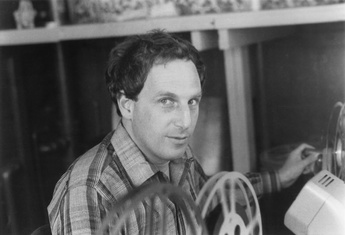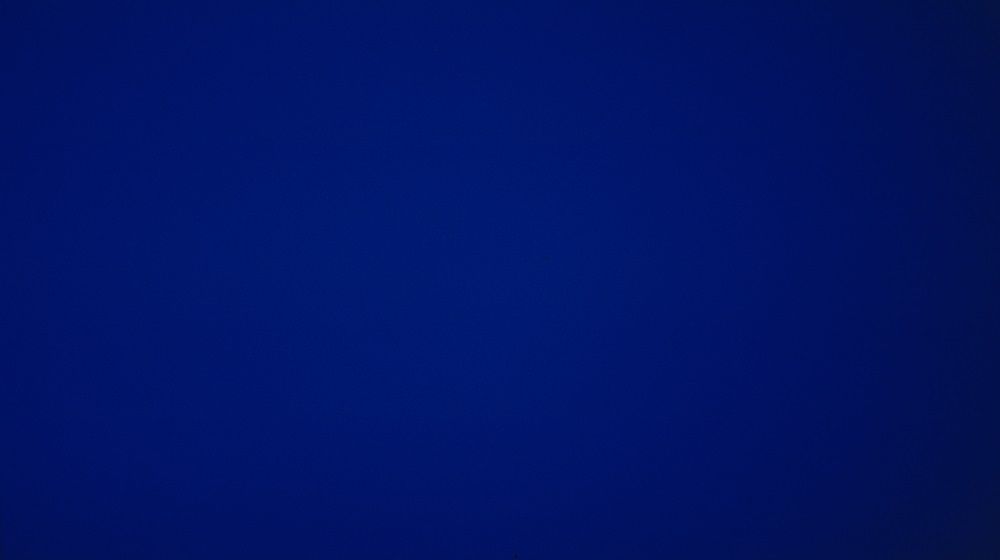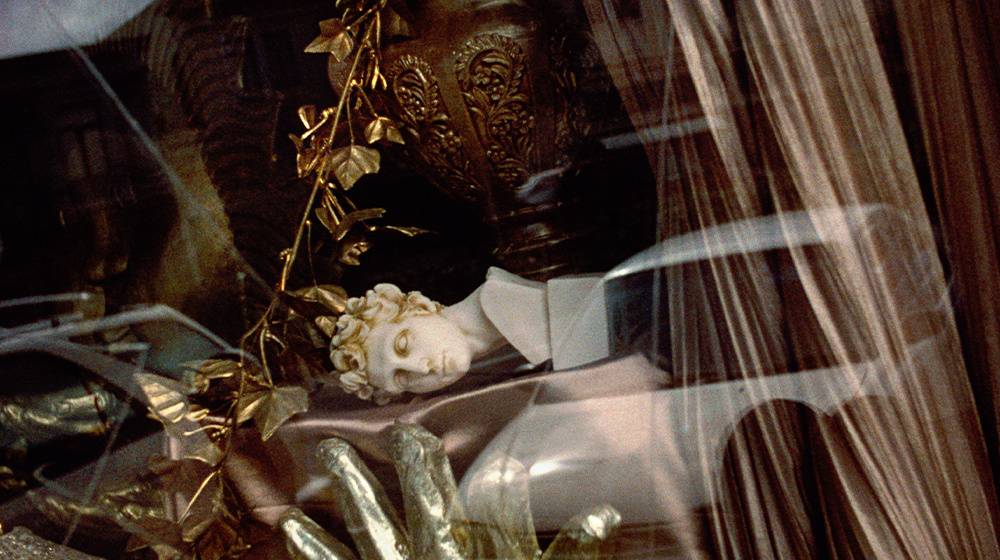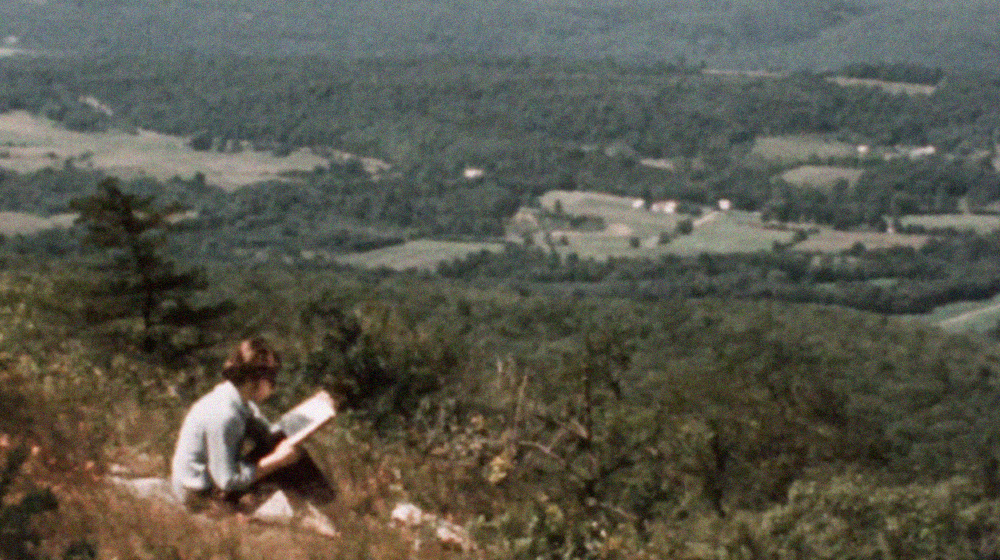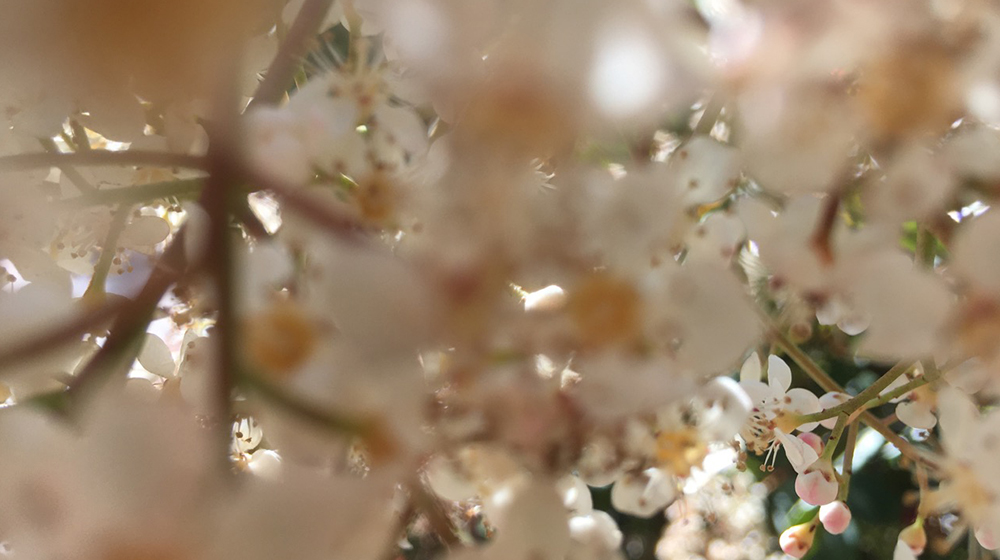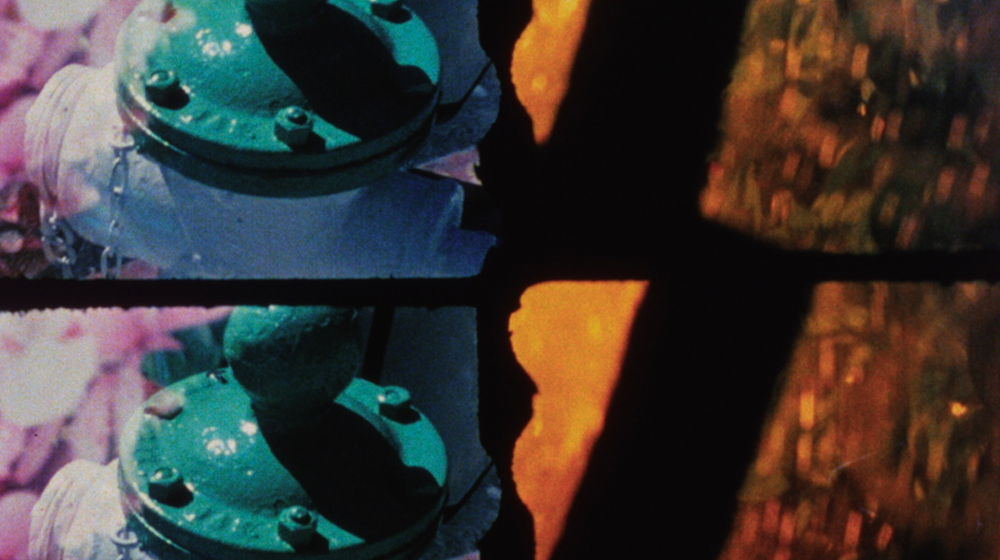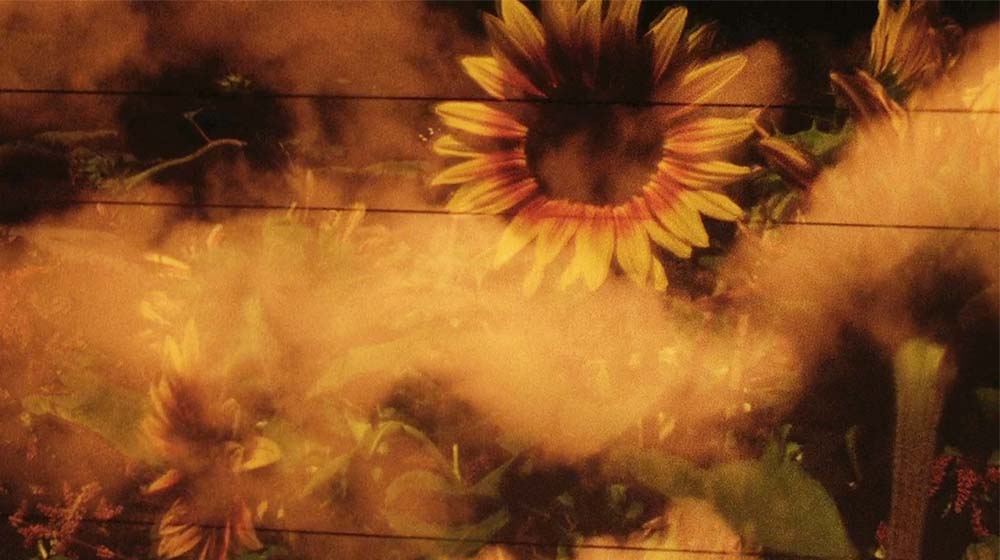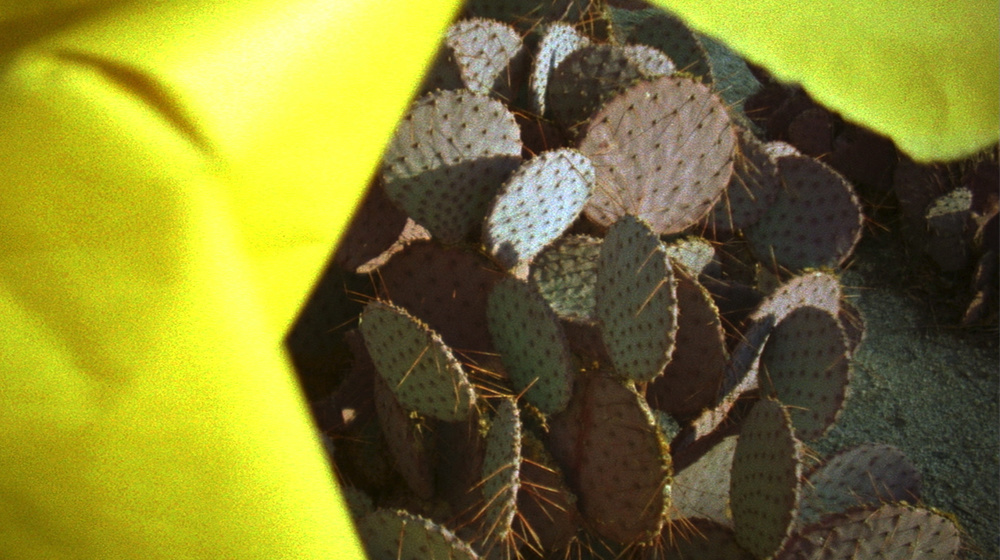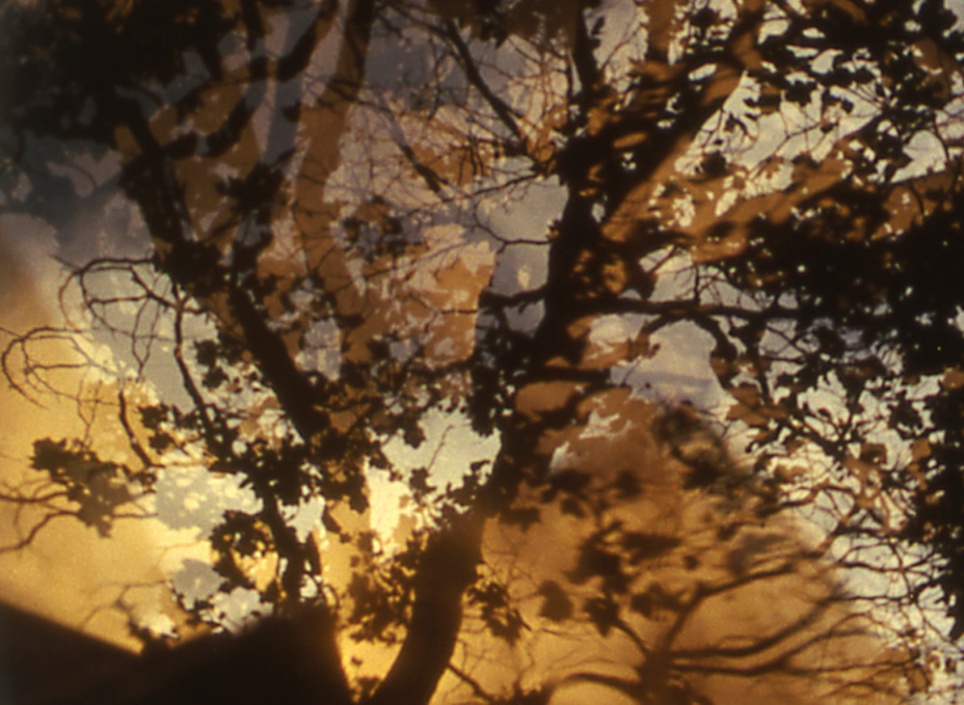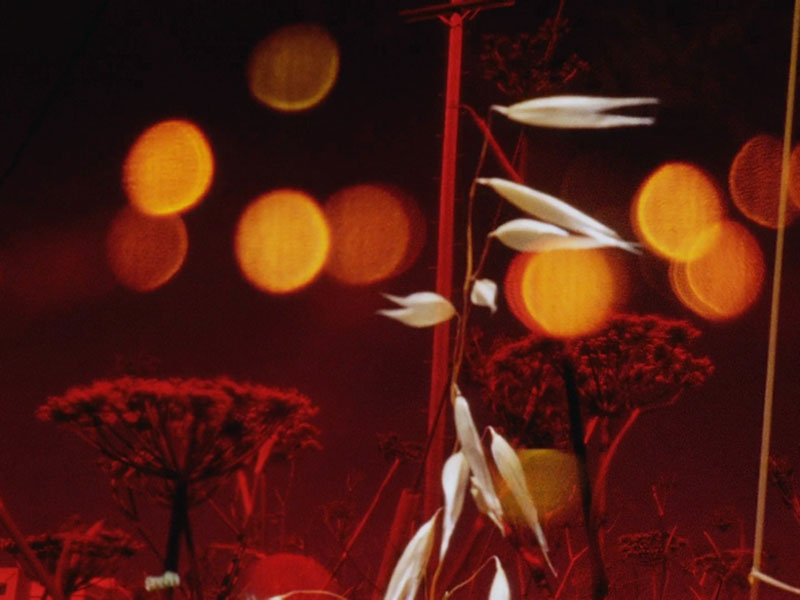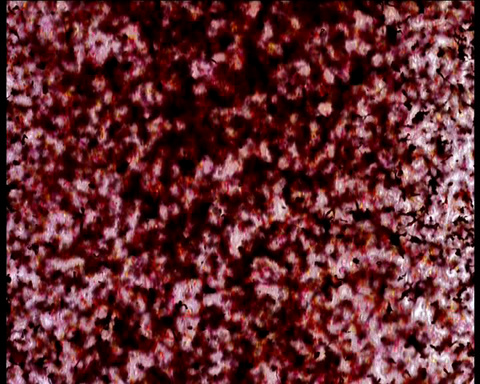Dorsky (New York, USA, 1943) is an experimental filmmaker and editor. He began making films in 1963 and has lived in San Francisco since 1971. His silent movies are poems to the perception of everyday experience. For Dorsky, there are two ways of including human beings in cinema. One is to film them, and the other is to create a film that, in itself, contains all the qualities of the human being: tenderness, observation, fear, relaxation, the feeling of entering into the world and of withdrawing, expansion, contraction, change, weakening, the fragility of the heart. The former is a type of theatre, the latter type of poetry. In his book Devotional Cinema (2003), Dorsky writes on the time-honored link between art and health, as well as on the transformative potential of watching a film. He has also written on the limitations of cinema when the act of seeing it is subordinated to a subject or it portrays a description of language; it can describe the world, but not see it.
Dorsky was a guest lecturer at Princeton University in 2008 and has received numerous awards, including a Guggenheim grant in 1997 and funding from the National Endowment of the Arts and the Rockefeller Foundation. He has presented films at the Museum of Modern Art, the Pompidou Centre, the Tate Modern, the Filmmuseum in Vienna, the Pacific Film Archive and the Harvard Film Archive. In spring of 2012 Dorsky played an active part in the three-month exhibition of the Whitney Biennial. In October 2015, the New York Film Festival devoted a complete retrospective of his work, consisting of 34 films at the Lincoln Center. Dorsky’s films are only available on 16 mm and are distributed via Canyon Cinema in San Francisco and Light Cone in Paris.
